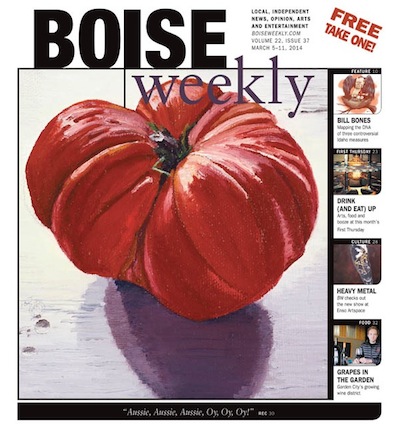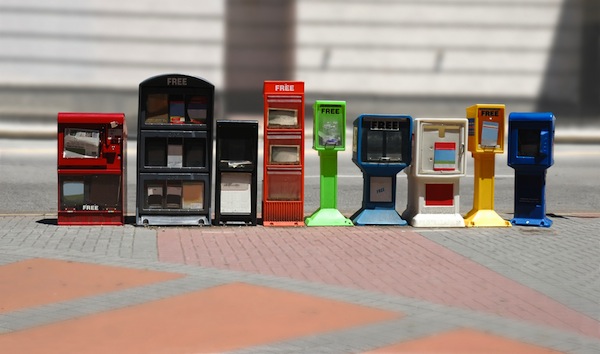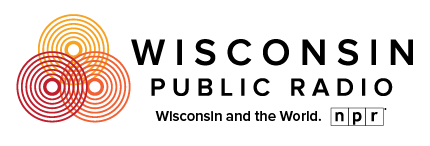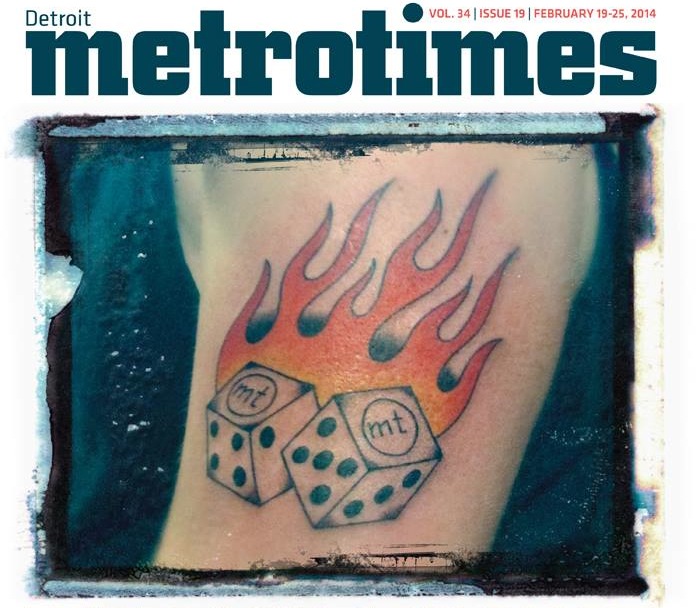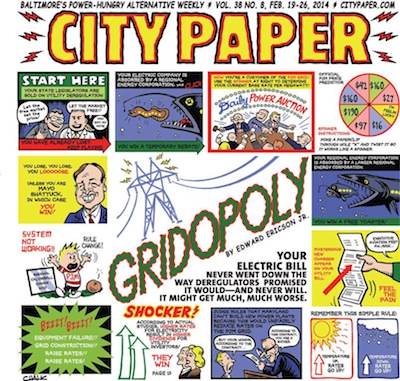Many thinky pieces about the state of journalism and newspapers skip over an entire – and entirely local – industry that thrives on local. Psst! It's alt-weeklies.
Boise Weekly has been doggedly covering the issues of food safety and animal treatment in Idaho agricultural for years before "ag-gag" started grabbing headlines, and The Atlantic has taken notice.
Alt-weeklies are still a darn good value in today's media market. Here's why.
Publications that begin to think like startups—by eliminating their fear of small failures, embracing uncertainty as an opportunity for experimentation, and figuring out what their readers actually want—will have a better shot at success.
Wisconsin Public Radio invited AAN executive director Tiffany Shackelford and Shepherd Express publisher Louis Fortis to talk about the state of alternative news media.
Started by former Yes! Weekly editor Brian Clarey - who wooed Yes! staff writers Eric Ginsburg and Jordan Green - Triad City Beat covers news and culture in Greensboro, High-Point and Winston Salem.
The printed and stapled product you pick up every week at the neighborhood indie coffee shop isn't the main event for most alts any longer. They're producing videos, making interactive online tools, publishing daily content on blogs, and using social media for live event coverage.
The strategic plan also is to increase revenue at the newspaper by bolstering its online presence and possibly adding new Metro Times-branded events.
The Baltimore Sun Media Group — a subsidiary of the Tribune Company — publishes the daily Baltimore Sun, as well as several other Baltimore-area community newspapers and magazines.
With many of the large major metropolitan newspapers cutting their budgets, alt-weeklies have become the arts and entertainment newspapers in the community. It is only natural for them to run a radio station as a way to broaden the appeal of what they already provide to the community.
- Go to the previous page
- 1
- …
- 11
- 12
- 13
- 14
- 15
- 16
- 17
- …
- 753
- Go to the next page

